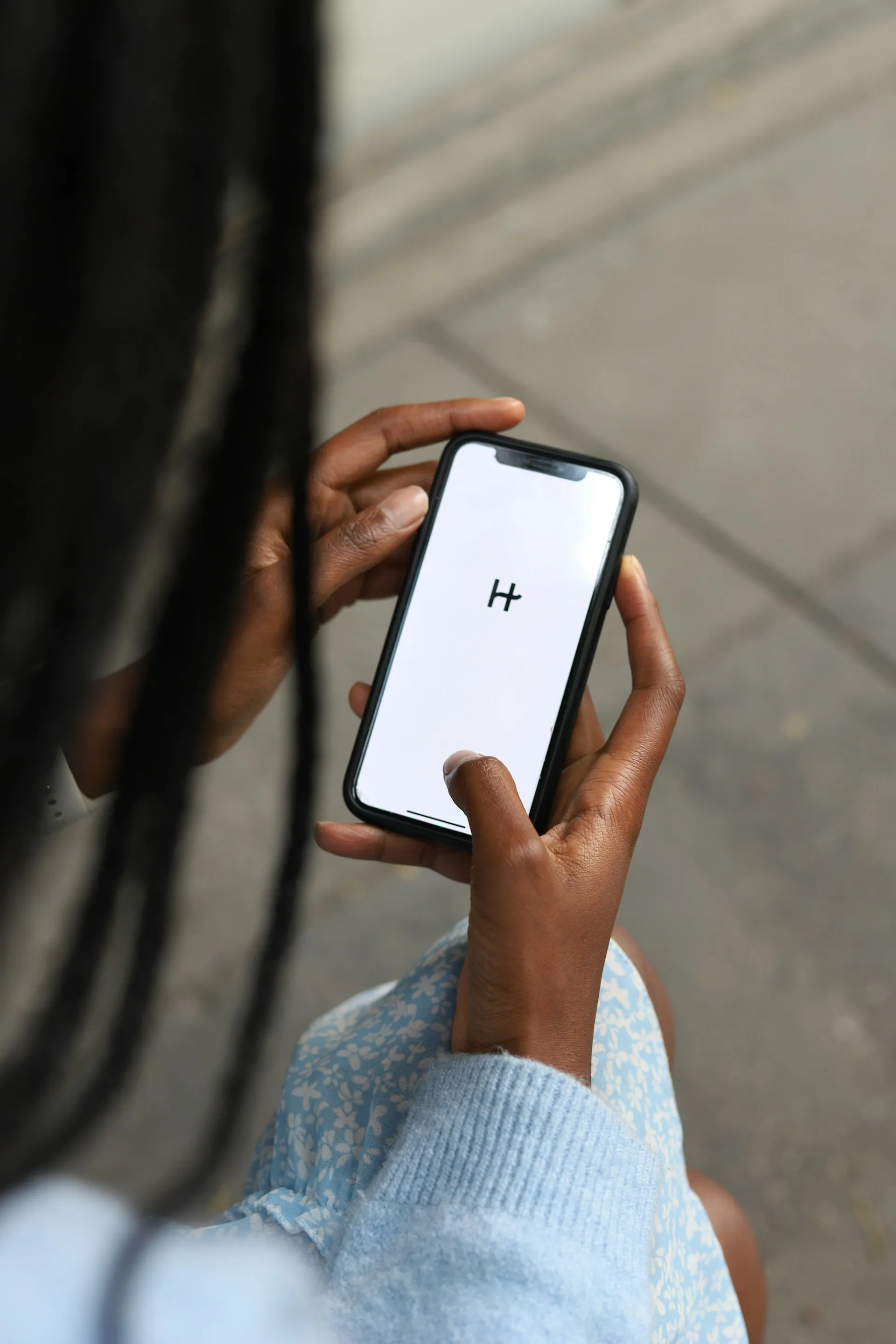Social media is buzzing with a so-called revolutionary Hinge hack that claims to liberate attractive matches from "Rose Jail", but this viral trend might be costing users more than just money. A trending strategy promises women they can access higher-quality matches by manipulating the dating app's algorithm, according to Mashable. The technique has gained traction across platforms like TikTok, where creators promote a specific method involving account deletion and premium purchases. The technical reality behind this hack, though, reveals a fundamental misunderstanding of how modern dating algorithms actually function.
Breaking down the "Rose Jail" phenomenon
This "Rose Jail" idea sounds more sinister than it is. It comes from Hinge's Standouts feature, which curates what the app thinks are your best potential matches and presents them in a special section. Think of it as a velvet rope area for profiles the algorithm suspects you will actually like.
Here is the sticker shock. Hinge refreshes this premium section every 24 hours and requires users to spend a Rose to initiate contact with these highlighted profiles, according to Mashable. You get one free Rose weekly, every Sunday. If you want more, you pay or subscribe.
The viral hack assumes attractive users get trapped in this section, invisible to people browsing the standard Discover feed, like they are sitting behind a paywall. So far, this has been nothing more than a myth.
That prison metaphor falls apart once you peek backstage. Hinge states that Standouts may appear in Discover, but it's not guaranteed. No secret dungeon. No gate that keeps "regular" users out.
The $30 hack: step-by-step breakdown
The technique being pushed is oddly specific, which should be a red flag.
First, delete your account entirely. Not a pause, a full wipe. Then recreate it at noon on Sunday. Why noon, why Sunday? The hack says it aligns with peak activity, and that timing piece has some surface logic.
Next, buy a $29.99 Superboost. Nearly thirty dollars for a temporary visibility bump. After paying, go quiet for 24 hours. No swiping, no messages, no activity.
Then comes the strangest part. For a full week, reject every potential match. The theory is that this signals sky-high standards, telling the app you belong in elite company.
There is a kernel of truth here. Sunday timing can sync with a "new user boost" that increases initial visibility, especially when you are logging on in different geographic locations. But the rest is smoke and mirrors dressed up as strategy.
Why the algorithm science does not add up
Here is the technical rub. The hack leans on outdated ideas about how matching works.
Hinge's system is not a high-school popularity contest. Modern matching uses deeper models that look for compatibility patterns, not a simple attractiveness score.
The old belief goes like this: more likes equals a better internal score equals more exposure. That was the rumor mill years ago. Today, the signals are broader and more nuanced. The app observes what you respond to, which prompts make you pause, how often conversations turn into actual chats, when you are active, and even how long you read a profile before you move on. It is not "show the hottest person to everyone", it is "show the person you are actually likely to connect with."
As for rejecting matches for a week, that runs against basic engagement logic. Consistent, genuine interaction tends to help visibility far more than performative pickiness. The system favors signs that you are present and connecting, not playing statue.
The real cost of gaming the system
That $30 is only the beginning.
When you delete your account, you toss out your entire match history, conversations, and, most crucially, the algorithmic learning built up over time. The app has been noting what grabs your attention, which prompts you to answer, how you reply, and who you tend to chat with. Wipe the account, wipe the lessons.
Starting fresh puts you back at square one. The first few days or weeks often feel noisier because the system must relearn your preferences versus your wish list. You trade proven compatibility signals for a flashy visibility spike that fades.
And for what? The useful bits in the hack, like timing your updates on busy days or benefiting from a short new user lift, can be had without detonating your profile or paying for a Superboost. The rest is theater.
The bigger issue is mindset. When you are busy gaming the system, you are not meeting people. The point of the app is conversation and connection, not cosplay as an algorithm whisperer.
Better alternatives that actually work
Want a lift without the self-destruct button?
Time your updates for Sunday afternoons, when more people are browsing. No account deletion needed. Refresh photos, tweak prompts, add a new detail about your week.
Write prompts that sound like you. Add a line that invites a reply. Specific beats generic every time.
Engage like a human. Send thoughtful likes, leave comments that reference what you read, and answer messages with something more than "hey."
Maintain your profile. Rotate photos now and then, refresh prompts every few weeks, mention a new hobby or a seasonal plan. Small changes, steady signal.
Use consistent daily activity. Five focused minutes beat a burst and a week of silence.
That "new user boost" effect can also show up when you return after breaks or when you are in a new city. You do not need a scorched-earth reset to feel it.
The bottom line on viral dating hacks
This viral Hinge hack is a pricey misunderstanding dressed up as a shortcut. It offers minimal benefit, asks for real money, and demands you throw away the data that actually helps the app find you better matches.
Its popularity does reveal something real: people are frustrated and want better results. A secret trick sounds tempting when the swipe fatigue sets in.
But the way through is not outsmarting a system you do not control. It is working with it. Authentic profiles, steady engagement, and real conversations tend to win out, even if that is not as sexy as a Sunday-at-noon ritual.
Bottom line: save your $30. Put that energy into connections that feel right. That is the only "hack" that consistently pays off.


















Comments
Be the first, drop a comment!